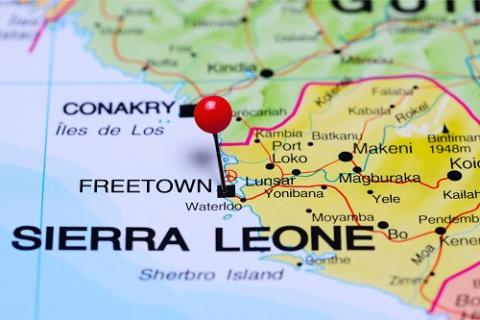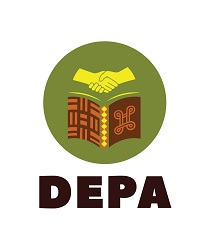
Undertaking a project like Salone DEPA, which required the coming together of participants either in Freetown or in the country, in the midst of a Covid–19 prone world, was a major concern to all, but especially the project funders – issues relating to the spread of Covid-19 by participants travelling to and from venues or those gathering to witness the events, informed consent by participants for use of their pictures/ images in the report, involvement of children under 18 years, data protection issues, etc. were raised. But irrespective of all of these, the Salone DEPA project went on well and the result was amazing.
Epidemics and pandemics are not a novelty in Sierra Leone. The country and her people have and continue to go through some difficult health hazards during pre-colonial, colonial and post-colonial periods, including Ebola in 2014, which was comparatively similar, but even more contagious than Covid – 19. Because our compatriots are compliant and resilient people, we were able to make it through successfully. So, all of the now Covid – 19 regulations/ rules – washing of hands and social distancing, were part of the Ebola regulations and has continued to be part of our health practices. The experiences and learning gained during those times, in no small measure prepared our research team to cope even in the face of these Covid – 19 regulations with much ease.
In Sierra Leone, the national Covid–19 team is known as NACOVERC. The body issues out all instructions regarding Covid-19 all over the country to ensure compliance. For participants who travelled from the provinces to Freetown for the various projects (theatre and film), they observed all Covid-19 rules (washing of hands and the wearing of face masks), as checkpoints were mounted at different locations on every major highway to monitor compliance. In their different locations in Freetown, all Covid-19 rules were strictly observed both in the hotels and at the venue of the performances. I, Dr. Mbayo took the responsibility to ensure that all activities including performances and data recording were done in adherence to the national Covid-19 regulations in Sierra Leone by ensuring that; all participants, the research team, guests and media crew washed their hands from hand washing buckets, stationed at the entrance of each venue, appropriately wore face masks and observed social distancing.
The continuous use of the face masks, however, was a little difficult whilst performing, as covering part of the face made it extremely hard for the recorders to capture those expressions that also would have provided very important information for the project.
All storytelling crew signed a specially prepared consent form, same as that prepared for all direct participants in the theatre, arts, video/ audio recordings. However, getting individual consent for every individual participating in, for example, the storytelling, or theatre projects was difficult. We developed a group consent form that was signed by the various local (elected) community leaders/ heads (e.g., section/ town/ village chief, women’s leaders, men’s leaders, and heads of households or representatives (as the case may be) that represented the views of all participants. This form of consent was used in the storytelling project, which took place in the suburbs of Kamakwie (like many other rural areas in Sierra Leone), where age might not be the criteria for consent but status. For example, although some people might be above the age of 18 years, because they may still be under parental care/ guidance, these caregivers are seen as moral guarantors and therefore have the moral right (in agreement with the represented constituent) to give consent on their behalf. Where applicable, details in the consent form were made orally clear to all participants whose participation was entirely voluntary. In this case, consent was given by raising hands and this process was recorded.
Dr Alex Mbayo
Fourah Bay College, University of Sierra Leone

